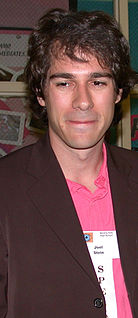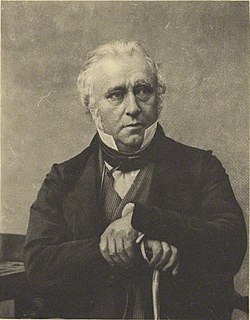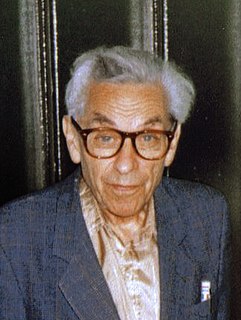A Quote by Robert Browning
What? Was man made a wheel-work to wind up, And be discharged, and straight wound up anew? No! grown, his growth lasts; taught, he ne'er forgets: May learn a thousand things, not twice the same.
Related Quotes
A human hires a hit man to kill his cousin for money, boring. That same hit man botches the job twice, funny. Then ?the desperate hit man sends a ghoul after the girl to finish things up, my curiosity's piqued. That same ghoul ends up with his head cut off by a mysterious redhead . . . Ah. Now I'm interested.
We rest; a dream has power to poison sleep. We rise; one wand'ring thought pollutes the day. We feel, conceive, or reason; laugh or weep, Embrace fond woe, or cast our cares away; It is the same: for, be it joy or sorrow, The path of its departure still is free. Man's yesterday may ne'er be like his morrow; Nought may endure but Mutability!
Ka is a wheel; its one purpose is to turn. The spin of ka always brings us back to the same place, to face and reface our mistakes and defeats until we can learn from them. When we learn from the past, the wheel continues to move forward, towards growth and evolution. When we don’t, the wheel spins backward, and we are given another chance. If once more we squander the opportunity, the wheel continues its rotation towards devolution, or destruction.
A man's a man for a' that. . . . . A prince can mak a belted knight, A marquis, duke, and a' that; But an honest man's aboon his might, Guid faith he mauna fa' that! . . . Then let us pray that come it may, As come it will for a' that, That sense and worth, o'er a' the earth, May bear the gree and a' that. For a' that, and a' that, It's comin' yet, for a' that, When man to man, the world o'er, Shall brithers be for a' that.
When you learn to read and write, it opens up opportunities for you to learn so many other things. When you learn to read, you can then read to learn. And it's the same thing with coding. If you learn to code, you can code to learn. Now some of the things you can learn are sort of obvious. You learn more about how computers work.





































